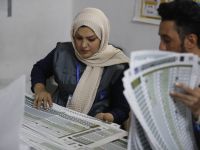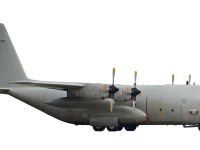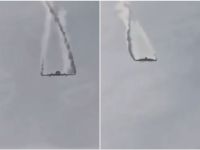Diplomats played down fears Friday that Iraq might halt oil exports unless the United Nations agrees to bill purchasers in euros rather than dollars.
The Security Council's Iraqi sanctions committee is due to meet Monday to study a report into the administrative difficulties and financial costs of switching currencies, UN officials said.
The respected weekly Middle East Economic Survey (MEES) said Thursday there was "a serious possibility" that Iraq would halt exports on November 1 unless euro-denominated letters of credit were opened by that date.
Iraq currently exports about 2.2 million barrels of oil a day under UN supervision. Total world demand for crude is about 75.8 million barrels a day, but the market is tight and the report nudged prices upwards on the London market.
But one diplomat, who asked to remain anonymous, said: "I have been in two or three committee meetings and I have not heard anyone say that the threat should be taken seriously."
A UN official said that Iraq had informed the sanctions committee on October 4 that its State Oil Marketing Organization (SOMO) would price its crude in euros after November 1.
But the official said the Iraqi authorities had not made any threat to halt exports.
"The letter simply said 'kindly be advised that SOMO shall price Iraqi crude oil in euros, and make the necessary banking arrangements'," he said.
The report done by the UN Treasurer's office for the sanctions committee said there was no objection in principle to billing purchasers of Iraqi oil in euros, he said.
The dollar is the international currency for oil transactions, but the Security Council Resolution 986, which established the oil-for-food program in April 1995, is silent on which currency should be used.
It simply says a "fair market price" should be paid for Iraqi oil, and that the price must be "reasonable in the light of prevailing market conditions."
The UN official said the Treasurer's report indicated that switching to the euro would be "a complex matter that requires further study" -- UNITED NATIONS (AFP)
© 2000 Al Bawaba (www.albawaba.com)







